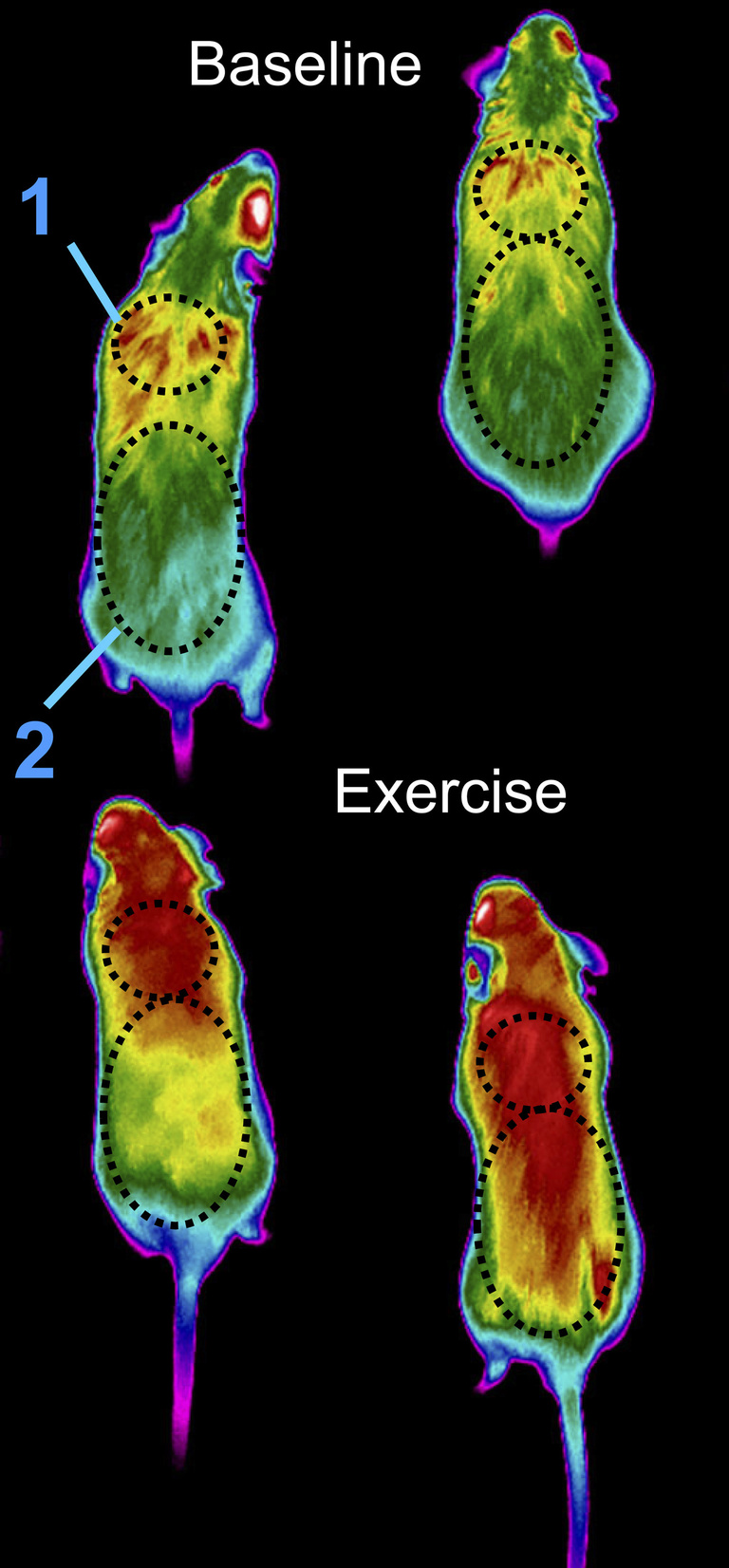By evaluating working muscles in mice, University of Iowa researchers have uncovered physiological mechanisms that could lead to new strategies for combating metabolism-related disorders like muscle wasting and obesity. The study appears in The Journal of General Physiology.
The research team led by Dr. Leonid Zingman, UI assistant professor of internal medicine, investigated the function of tiny openings, or channels, in muscle cell membranes that play an important role in regulating muscle function and energy consumption. These so-called ATP-sensitive potassium channels are abundant in skeletal muscle and link cell membrane excitability to cell metabolism. However, it is not clear how channel activation affects muscles under physiological conditions and how this translates to energy use.

The study found that, during low-level exercise, which triggered the opening of the potassium channels, muscles with disrupted channel function had higher peak force, calcium release, and heat production—which is associated with increased energy consumption —than muscles with normal channel function.
The results show how these channels control energy use even during mundane, low-intensity activity. Modulating the channel activity could potentially provide a new strategy to combat metabolic disorders like muscle wasting and cachexia (wasting syndrome), when the goal is to conserve energy, or obesity, when increasing energy consumption is desired.
"In recent years, there has been a growing consensus that our difficulties in fighting the obesity epidemic are at least partially related to the fact that the human body has evolved to prevent body weight reduction in order to survive in an environment with limited food resources," Zingman says. "Specifically, the body becomes more energy efficient in response to any decline in body weight, thus hindering further weight loss. Therefore, a better understanding of our bodies' ability to control energy expenditure is critical for obesity prevention and management."
On the other hand, Zingman adds, the exploration of these molecular mechanisms could be exploited to improve muscle energy efficiency to combat unintended body weight loss and muscle wasting in severely ill patients.
The study was supported by grants from the National Institutes of Health, the Department of Veterans Affairs, the Fraternal Order of Eagles Diabetes Research Center at the UI, and the Carver Trust.
NOTE TO EDITORS: This news release was adapted from a release issued by The Journal of General Physiology.